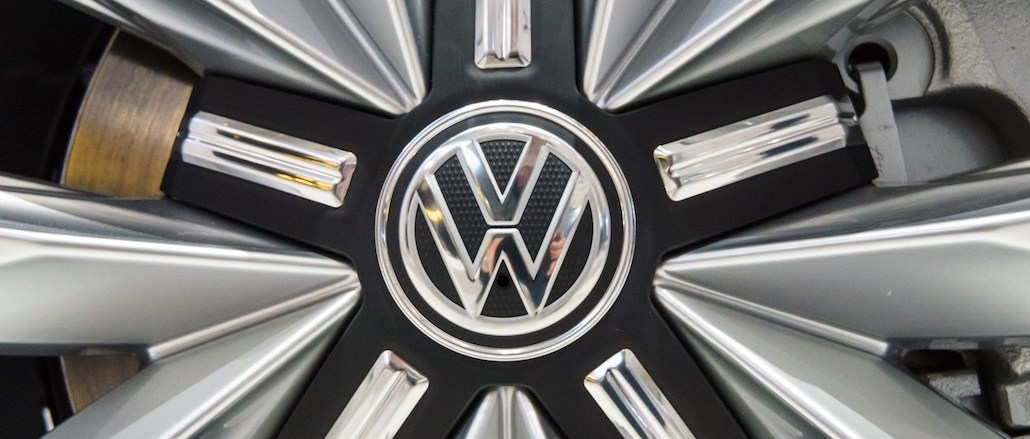Secure your place at the Digiday Publishing Summit in Vail, March 23-25
VW scandal has undone ‘decades of accumulated goodwill’ to Germany’s brand, report says

Volkswagen’s revelation that it purposely rigged 11 million of its diesel cars with equipment to bypass emission tests is doing harm beyond its brand.
The discovery is also showing measurable long-term damage to its home country of Germany, according to a newly released report from consulting firm Brand Finance. In fact, Volkswagen’s lies have knocked Germany off its top perch as being the world’s most powerful nation brand with Singapore taking its place and even knocking it out of the top 10.
Germany has long been identified as a source of refined luxury and building reliable cars in the industry thanks to brands like Mercedes-Benz, Audi, BMW and Porsche, among many others. The reputation of the country stems from all of those posh brands calling Germany home, but Volkswagen’s news could damage that.
“German industry is lauded for its efficiency and reliability while Germans as a whole are seen as hard-working, honest and law abiding. That such an iconic German brand, the ‘people’s car,’ could behave in this way is beginning to undo decades of accumulated goodwill and cast aspersions over the practices of German industry,” Brand Finance’s CEO, David Haigh said in a statement.
Furthermore, the scandal is completely wrecking Volkswagen’s brand, which was having a strong year. Prior to the news, the auto maker was the world’s third most valuable auto brand with $31 billion in value in 2015 — a $4 billion increase over last year. That trend is over and immediately caused a $10 billion in lost brand value.
“The apparent ease with which the company’s activities were uncovered makes it all the more astonishing that VW was willing to endanger its most valuable asset. Rather than ‘Das Auto,’ VW’s motto might be more appropriate if changed to ‘Crass Auto,” it said.
Brand Finance, which calculates a “brand strength” score using a variety of statistics including the country’s investments, societal well-being and its goods and services, awarded Singapore a score of 88 out of 100. Its small size, along with “vision, pragmatism, longevity, intolerance of corruption” lends itself to this achievement.
Switzerland (85.9), United Arab Emirates (85.9), Finland (85.7) and New Zealand (85.6) round out the top five. The United States didn’t make the report’s top 10 list.
Images via Shutterstock.
More in Marketing

Pitch deck: How ChatGPT ads are being sold to Criteo advertisers
OpenAI has the ad inventory. Criteo has relationships with advertisers. Here’s how they’re using them.

Yahoo pauses IAB membership amid a series of quiet cost-saving measures
Yahoo pulls IAB board memberships, following job cuts as PE-owner reportedly reconsiders ad tech investments.

Target looks to e-commerce, advertising investments to help grow the business
Technology is one of the most important areas in which Target will invest with the hopes of returning to profit growth.





